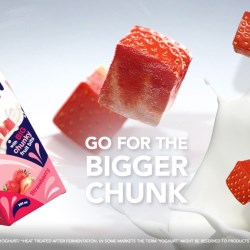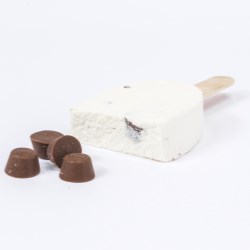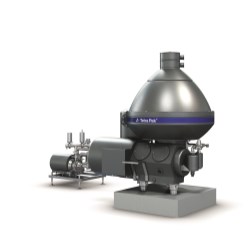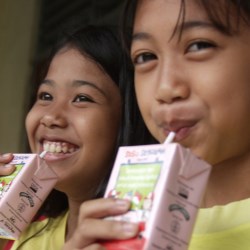If this is your company, CONTACT US to activate Packbase™ software to build your portal.


Marking a breakthrough in the company’s journey towards a fully renewable aseptic package, this innovative fibre-based material substitutes the aluminium layer, with the ambition of reducing the carbon footprint while making the post-consumer cartons more attractive for recyclers.
Following the successful completion of a 15-month commercial technology validation of a polymer-based barrier replacing the aluminium layer, Tetra Pak is now moving to the next level of development - testing a fibre-based barrier that is a first within food carton packages distributed under ambient conditions.
This step marks yet another breakthrough in the company’s long-term roadmap towards developing an aseptic package that is fully renewable, fully recyclable and carbon-neutral.
The aluminium layer currently used in food carton packages plays a critical role in ensuring food safety; and even though it is thinner than a human hair, it contributes to a third of the green-house gas emissions linked to base materials used by Tetra Pak.
With a view to reducing this climate impact, a commercial technology validation was conducted in Japan starting late 2020, using a polymer-based barrier to replace the aluminium layer. This helped to understand the value chain implications of the change, and to quantify the carbon footprint reduction. It also confirmed adequate oxygen protection for vegetable juice, while enabling increased recycling rates in a country where recyclers favour aluminium-free cartons.
Incorporating these learnings, the company is now testing a new fibre-based barrier, in close collaboration with some of its customers. A first pilot batch of single serve packs featuring this industry-first material are currently on shelf for a commercial consumer test, with further technology validation scheduled later in 2022.
This initiative underscores Tetra Pak’s approach to design for recycling, where increasing the paper content is critical, and also supports end-user expectations. Based on recent global research, approximately 40% of consumers confirmed they would be more motivated to sort for recycling if packages were made entirely from paperboard and had no plastic or aluminium.


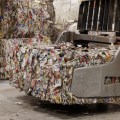
.png)

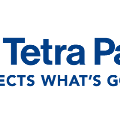
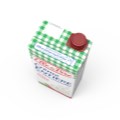
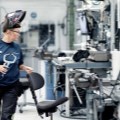
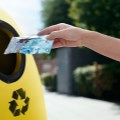


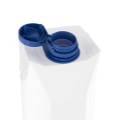
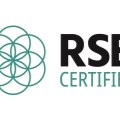





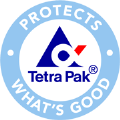
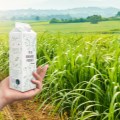
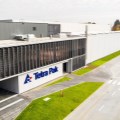


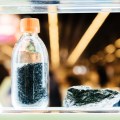



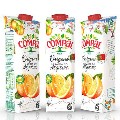

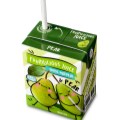


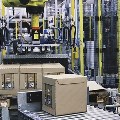





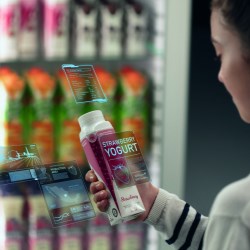

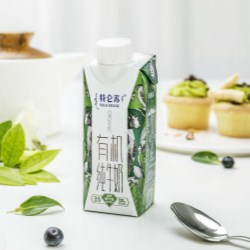


.jpg)
